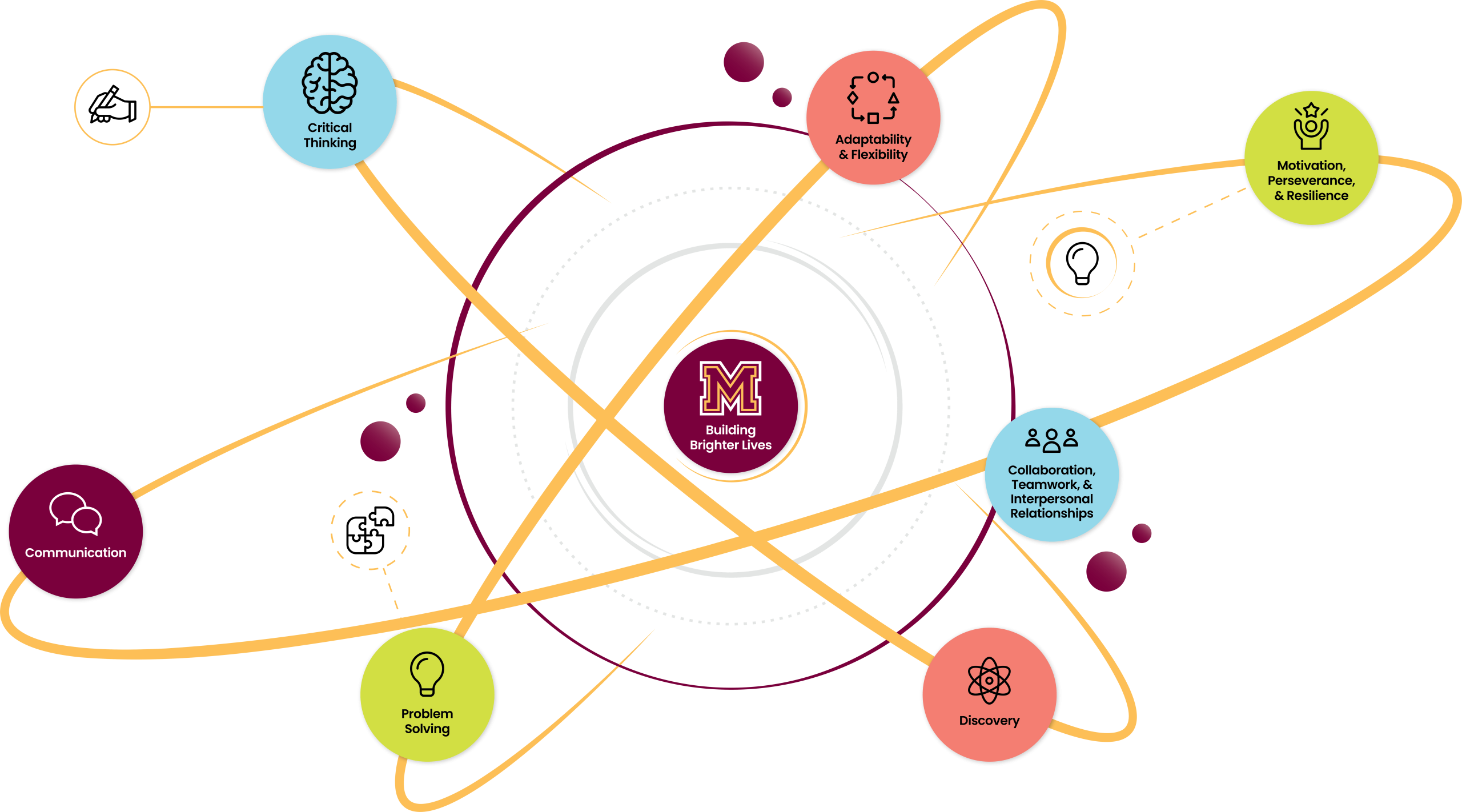The Importance Of Self-Assessment In Career Planning
Building Your Career From The Inside Out
Ask yourself ‘who am I?’ before ‘what careers are out there?’
Effective career planning starts with self-awareness. By understanding your unique combination of skills, values, and interests, you can identify career opportunities that utilize your strengths, align with your values, and activate your particular experience, skills and knowledge.
Watch: Fundamental Career Ideas
The Role of Self-Assessments
Self-assessment is the foundation you’ll use to build your career research on. Before you can explore your career possibilities, you have to do your ‘me-search’ – research on your self to learn about your own strengths, interests and values.
Understanding who you are in the context of your career takes time and effort. You can gather information about yourself in lots of different ways. Some sources of information can include:
- hands on experiences,
- reading,
- career quizzes and assessments,
- reflective activities,
- career conversations with supervisors, mentors, colleagues, friends or family,
- career advising appointments,
- working jobs you do (and don’t!) like
- and other life experiences
Self-assessment will help you:
- Distinguish the difference between what you ‘should’ want and what work would actually be meaningful for you
- Uncover your professional strengths and workplace values
- Discover unexpected and new career paths to research and experiences to seek
Remember: self-assessment is an iterative process (meaning, something you repeat). You will change and evolve, so it’s important you continue reflecting and don’t think about this as a one-time activity.
Reflective Questions
As you start your self-assessment process, ask yourself:
- Why are you beginning this process?
- What’s your goal for this process of self-exploration?
Identifying Your Knowledge, Skills and Experience
What might it look like if the following statement were true?
“My career is one where I can utilize my strengths, in an environment or organization that aligns with my values, in a field I am genuinely interested in.”
1. Your Academic Experiences
You are building essential knowledge, skills and experience for your future career through your academic experiences. Ask yourself, ‘what do I know and what can I do as a result of my experiences in class or in the lab?‘ Employers won’t hire you simply based on your program (for example, life science, biology, chemistry, etc.), but rather on the specific expertise you’ve developed through your education.
Here’s are some examples:
- Experiences: i.e. field research, group projects, community engagement, work in a laboratory setting, etc.
- Skills: i.e. survey design, presentation skills, data analysis, specific wet lab skills, specific software etc.
- Knowledge: i.e. science communication, molecular biology, anatomy, etc.
2. Your Non-Academic Experiences
All of your non-academic experiences are also relevant to your future career. Reflect on the skills you’ve built through experiences like part-time work. volunteering, intensive hobbies, extracurriculars or personal projects.
3. Know Your Strengths
Strengths are your natural talents—the things you are inherently good at and enjoy doing. The strengths philosophy asserts that you can gain more by building on your talents than by trying to overcome your weaknesses. Focusing on roles where you can use your strengths daily leads to greater satisfaction and productivity.
Take time to reflect on the eight essential Science Professional Competencies — they’re designed to support your success no matter what industry or role you pursue. As you explore career options, consider which competencies you’d like to strengthen and how your current experiences already demonstrate them. Being able to recognize and describe these competencies in relation to your career interests is a key part of building your professional story.

4. Understand Your Values
Your values are the principles that are most important to you in a work environment. Aligning your career with your core values, such as work-life balance, creativity, or helping others, is crucial for long-term fulfillment and satisfaction. It’s also important to remember that your values may change over time, so revisiting them is a good practice.
5. Explore Your Interests
Your interests can provide valuable clues about fulfilling career paths. Thinking about the content you consume, the subjects you talk about, the problems you want to solve and what you do in your spare time can help you brainstorm industries to explore further.
Explore These Tools to Discover What’s Right For You!
Try out these resources to help you identify your skills, interests, values, and career possibilities:
Quick Chapter Recap
- Know your values, interests, and strengths—they’re the foundation of good career decisions.
- Explore the 8 Science Professional Competencies to guide your growth and career readiness.
- Self-assessment is ongoing—you’ll evolve, so revisit it regularly.
Need more support with your career planning?
Meet with a Science Career Advisor
Book a 30-minute appointment with the Science Careers & Experience Centre (BSB 127) in advance through OSCARplus.
Design your future with SCIENCE 2DL3
Enrol in SCIENCE 2DL3: Design Your Science Career— an interactive career development course designed to help undergraduate students take charge of their future with creativity and confidence.
Explore these additional chapters:
- Introduction To Science Professional Competencies
- How To Research Career Paths
- Finding Your Impact: A Problem Solving Approach To Career Planning
Follow us on Instagram @McMasterSCEC
Stay informed about workshops, information sessions, and networking opportunities.

